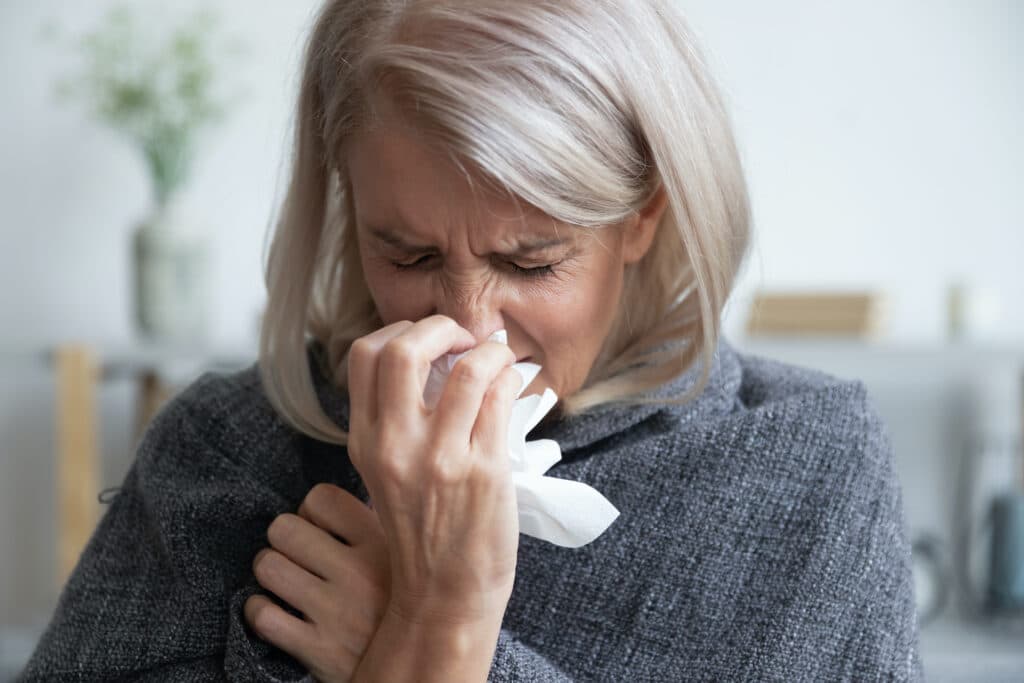3 Tips For Fighting the Flu Season This Year

While taking measures to mitigate the effects of the flu is important every year, it certainly seems that in the age of COVID-19 that we’ve all been living through it is more important than ever this season. Here are a few approaches to keep you healthy during this year.

Proactive
Of course, the most proactive step you can take to ensure your health is to receive a flu shot, first and foremost. It sometimes seems there is a big debate surrounding the issue, but the efficiency & necessity of a robust flu vaccination effort around the country has long since been established by scientific evidence. Any insistence otherwise is more noise by a small group of shrill naysayers than rooted in reality. Does this mean that there are not medical exceptions? Of course not. Does this mean that the flu vaccination is always on target for the strain or strains that may appear in a given season? Of course not. But if you have not been specifically instructed by an MD not to receive a flu vaccination, by all means, you should. Simply put, flu vaccines have been proven to reduce the risk of contracting the flu, hospitalization, and death. Flu vaccinations have also been linked to lowering cardiac incidents among people with heart disease (especially for those who have had a cardiac event in the previous year), while also helping those with chronic ailments such as COPD and diabetes. The more effective we wage battle against the flu this season, moreover, will help preserve our health system resources for the fight against COVID-19 which still looms ahead.

Precautions
The old standards always apply and they are invaluable in helping prevent the flu: consistently wash your hands thoroughly with soap and water; carefully cover with a tissue (if possible) coughs and sneezes, and discard the tissue afterward. If you do have a fever or flu symptoms, it’s recommended to stay home for a minimum of twenty-four hours after the fever goes away (and it should be gone without the aid of a fever-reducing medicine.) Of course in this age of social distancing, maintain the practice during the flu season — it will pay dividends for you and others. Another practice that has helped us battle COVID perfectly aligns with the struggle against the flu: wiping down and disinfecting surfaces on a regular basis. This will considerably reduce one of the flu’s most productive ways of spreading. And lastly, but certainly not least, is a practice that is often easier said than done: avoid rubbing and touching your eyes, nose, and mouth. Making a conscious effort to not touch your face is worth it as this is a very common method of spreading germs. If one is in the habit of rubbing his or her eyes, this is an especially tough habit to break for some. Wearing a rubber band on your wrist to give yourself a reminder tweak when you find yourself about to put your hands to your eyes or face may help you stop this practice — and stop the flu from spreading while you’re at it.

Prescriptions
If your best efforts fail and you still come down with a bout of the flu, it is recommended that you ask your doctor about antivirals (not antibiotics) that are not available over the counter. These medications can significantly lessen the length and severity of the flu should it strike, and they can help you avoid a hospital stay. These medications have been shown to be most effective when taken within two days of contracting the flu. But if you miss this two-day window, go ahead and start the antivirals anyway. They will still provide benefits — especially for those with high risk factors from other health issues or people who are extremely sick with the flu.
Being Proactive, taking Precautions, and following through with Prescriptions will give you the best chance of navigating this flu season, coming through it unscathed and ready for a new year. That is a goal we are certain all of us can agree upon! And, if you need a ride to your next medical appointment, you know who to call- Metro Trans is here for you!
